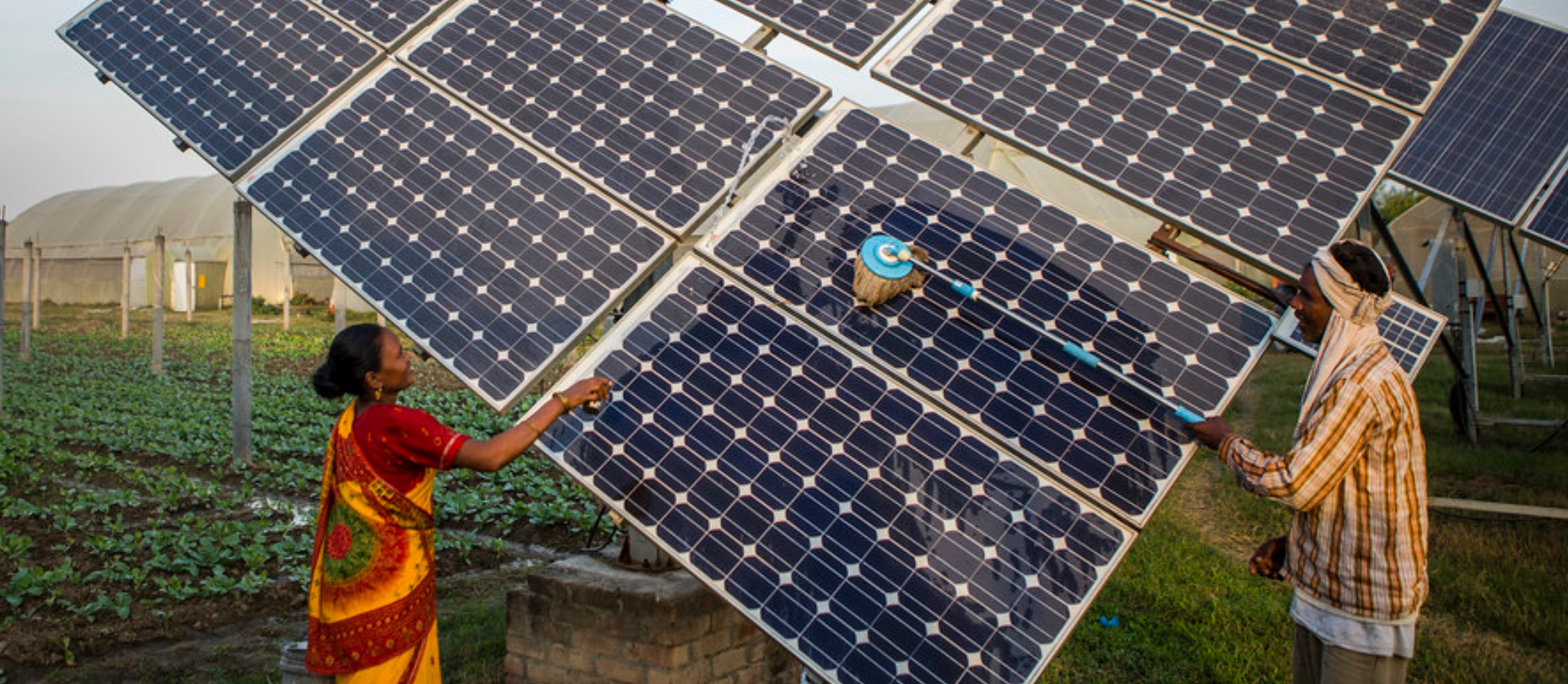Background
Achieving Sustainable Development Goal 7 (SDG7) will benefit billions of people all over the world. Universal access to energy, increased energy efficiency and expanded use of renewable energy by 2030 will result in enhanced economic opportunities and jobs, empowerment of women and youth, better education and health, and more sustainable, equitable and inclusive communities. Access to clean energy would boost protection from and resilience to climate change.
To review progress to date, the United Nations High-level Political Forum on Sustainable Development undertook the first review of SDG7 this year. The central message was un- mistakable: progress on SDG7 has been insufficient so far and we must strengthen our efforts to deliver on SDG7.
The Department of Economic and Social Affairs conduct- ed an analysis of the 46 voluntary national reviews (VNRs) submitted in 2018 in order to gain a better understanding of the incorporation of SDG7 in countries’ sustainable development action plans, challenges and opportunities in implementation and critical interlinkages with other Sustainable Development Goals. The analysis is intended to complement the 27 policy briefs on SDG7 and its interlinkages with other Sustainable Development Goals, which were prepared by the multi-stakeholder Technical Advisory Group on SDG7 convened by the Department of Economic and Social Affairs in support of the first SDG7 review by the 2018 High-Level level Political Forum.
The report is selective in scope and all examples chosen are illustrative so as to give an idea of the actions and measures taken in support of the implementation of the 2030 Agenda for Sustainable Development at the country level.
To review progress to date, the United Nations High-level Political Forum on Sustainable Development undertook the first review of SDG7 this year. The central message was un- mistakable: progress on SDG7 has been insufficient so far and we must strengthen our efforts to deliver on SDG7.
The Department of Economic and Social Affairs conduct- ed an analysis of the 46 voluntary national reviews (VNRs) submitted in 2018 in order to gain a better understanding of the incorporation of SDG7 in countries’ sustainable development action plans, challenges and opportunities in implementation and critical interlinkages with other Sustainable Development Goals. The analysis is intended to complement the 27 policy briefs on SDG7 and its interlinkages with other Sustainable Development Goals, which were prepared by the multi-stakeholder Technical Advisory Group on SDG7 convened by the Department of Economic and Social Affairs in support of the first SDG7 review by the 2018 High-Level level Political Forum.
The report is selective in scope and all examples chosen are illustrative so as to give an idea of the actions and measures taken in support of the implementation of the 2030 Agenda for Sustainable Development at the country level.


